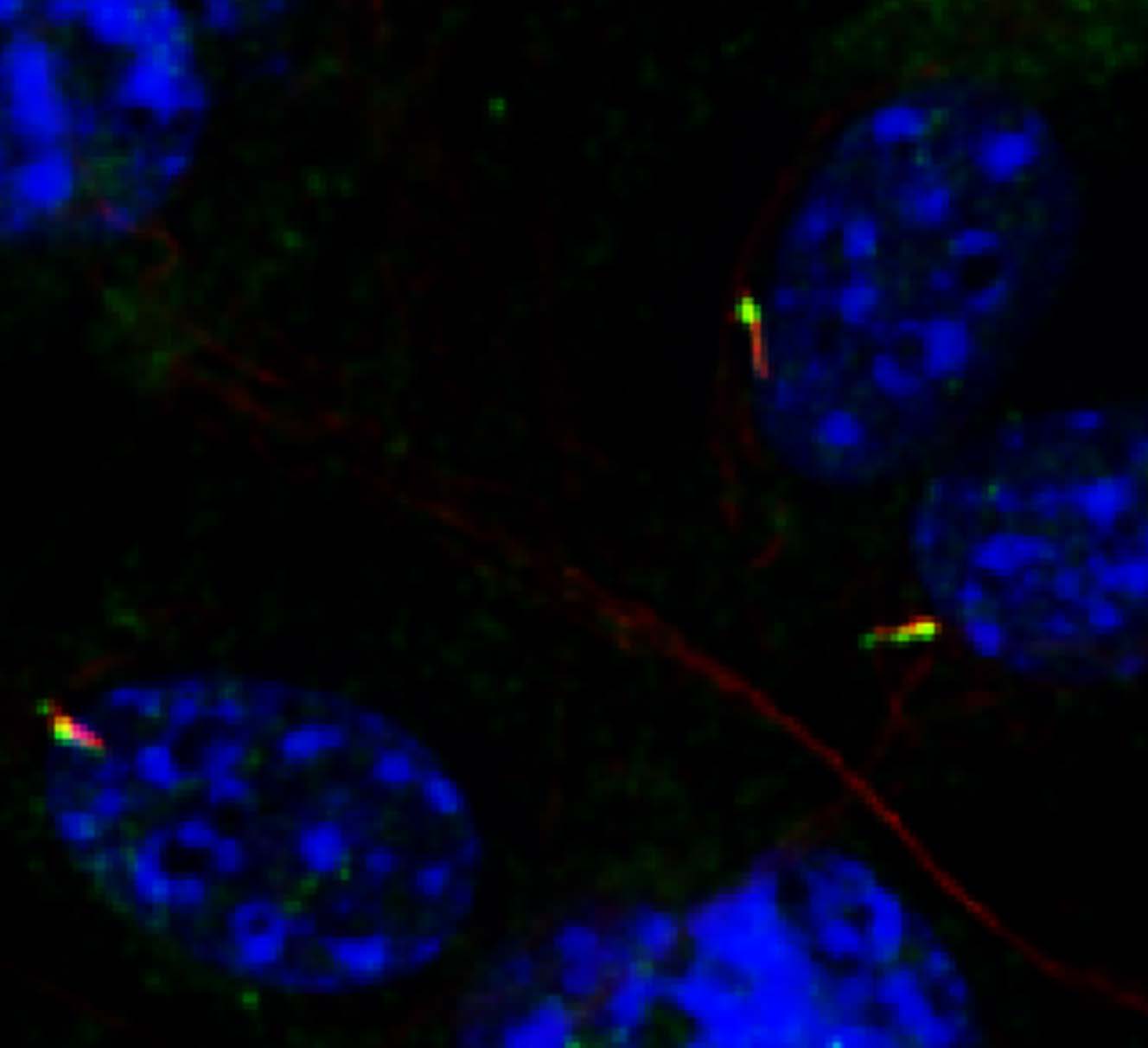Cancer/Cell Biology Interest Group
The genesis of human cancer arises from alterations in fundamental cell biological processes. The members of the Cancer/Cell Biology Interest Group study normal and cancer cell physiology in order to understand cancer from its beginnings and use that information to create and improve cancer treatments. Research interests include, but are not limited to: 1) Cell motility, adhesion and metastasis; 2) Developmental models of cancer; 3) Mitochondrial function and apoptosis; 4) Stem cells; 5) Metabolism and growth control; 6) Cell cycle; 7) Cytoskeleton and membrane trafficking; 8) Small molecule drug screening, and 9) Clinical trials. Research is carried out in a collegial and cooperative environment that encourages interactions between researchers interested in basic mechanisms, translational research, and clinical medicine.
Cancer/Cell Biology Interest Group members are served by a number of journal clubs, specialized interest areas and courses.

Fluorescence image of primary cilia (red) in cultured cells (nucleus marked in blue). Primary cilia are solitary hairlike projections are found on nearly all human cells and contain a host of specialized signaling receptors, such as the seven-transmembrane oncoprotein Smoothened (green). Cilia control cell fate decisions, sensory transduction, and cancer progression, but how they accomplish these important tasks remains a fundamental mystery in cell signaling. (Image courtesy of the Myers lab)
Cancer/Cell Biology Interests
- Metabolism
- Membrane Trafficking
- Yeast
- Cancer Research Forum
- Gastrointestinal Cancer
- EGFR signaling
Given the diverse interests of members of the Cancer/Cell Biology Interest Group, our students and postdoctoral fellows have been supported by variety of training programs. These include by the Genetics Training Grant, the Developmental Biology Training Grant, the Hematology Training Grant, and the Multidisciplinary Cancer Research Training Grant.
Faculty/Laboratory Participants
Faculty members of the Cancer/Cell Biology Interest Group are located throughout the campus: Each member of the MBP is affiliated with a University of Utah department, and these departments occupy space in several buildings on campus: School of BIological Sciences - Life Science, South Biology, and Aline W. Skaggs Buildings; Biochemistry - Medical Center and Emma Eccles Jones Building; Human Genetics - Eccles Institute of Human Genetics;Neurobiology & Anatomy - Wintrobe Building; Oncological Sciences - Medical Center and Huntsman Cancer Institute; Division of Microbiology and Immunology - Medical Center and the Emma Eccles Jones Building.
Use this map, to see where these departments are located.
